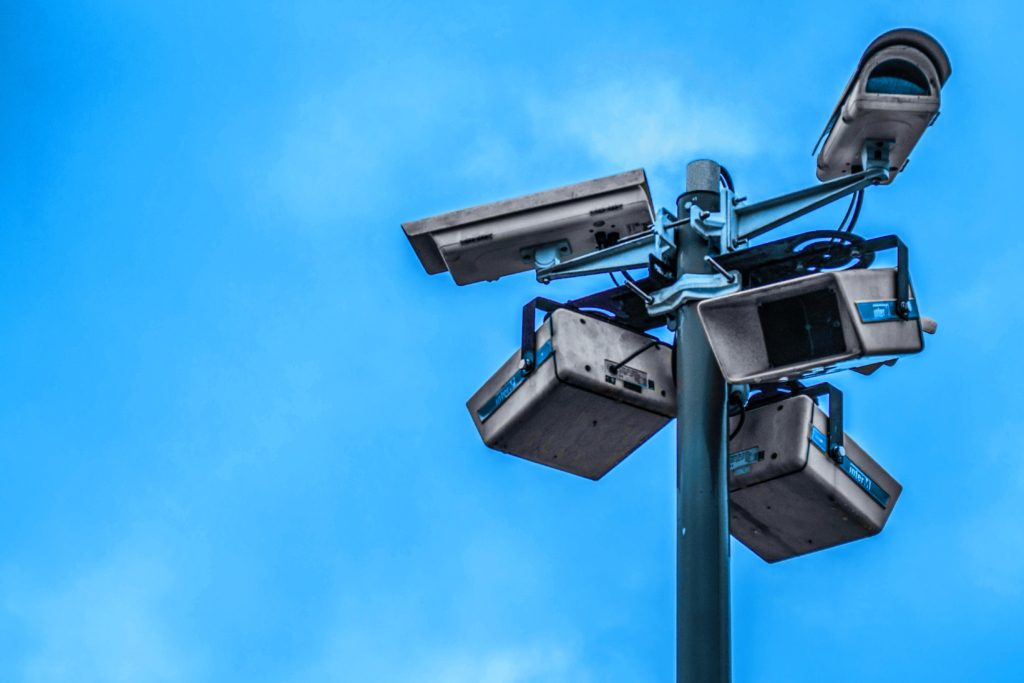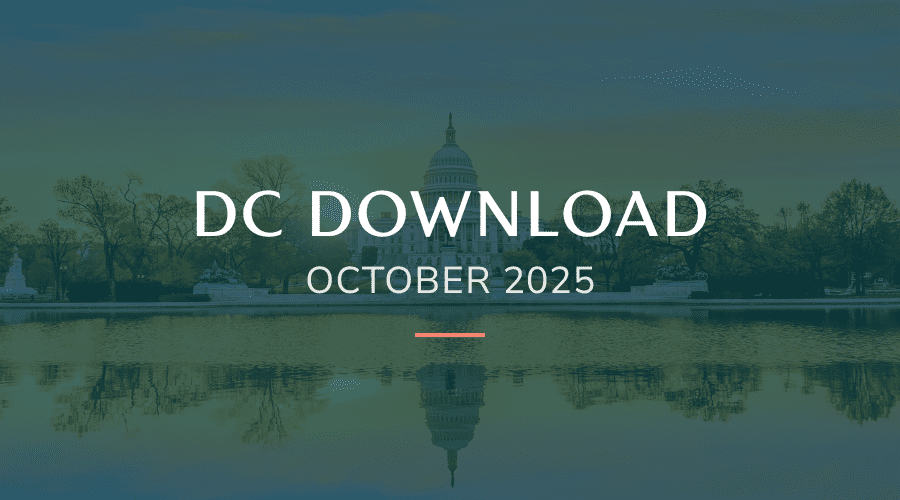If anything is clear in the 118th Congress, it is that nothing is clear. The narrow Republican majority in the House of Representatives and the Democratic control in the Senate forecast a complex scenario in which few initiatives have the hope of achieving the bipartisan support needed to become law.
However, during the 2023 State of the Union address, President Biden revived a debate that has been gaining traction among members of both parties and is shaping up to be one of those rare topics that is of deep interest to members of both political parties.
“It’s time to pass bipartisan legislation to stop Big Tech from collecting personal data on kids and teenagers online, ban targeted advertising to children, and impose stricter limits on the personal data that companies collect on all of us,” Biden said, reopening a debate that the previous Congress began addressing in the American Data Privacy and Protection Act (ADPPA) and the Kids Online Safety Act (KOSA).
The ADPPA was a bill of bipartisan origin introduced in the House, which many imagined could become the American version of the European Union General Data Protection Regulation (GDPR), establishing a regulatory framework to protect everyone’s data privacy. As you might guess, this is a complex topic because it overlaps with state legislation and requires a delicate balance to preserve privacy without stifling the economic and social sectors that depend on the use of data. Independent Sector published an ADPPA analysis you can read here.
On the other hand, KOSA was a bipartisan bill introduced in the Senate and intended to establish a regulatory framework to protect the privacy of minors’ data collected by applications and platforms for “minors” (age 16 or younger). According to Technology And Democracy, this bill “had a strong push for inclusion in last year’s must-pass federal spending bill, but faced strong civil society and industry opposition.”
The debate is heating up in the 118th Congress. Recently, the Senate Judiciary Committee held a hearing titled “Protecting Our Children Online,” where members of Congress heard testimony about the risks children face online. After the hearing, Senator Dick Durbin (D-IL), Chair of the Senate Judiciary Committee, made two things clear: one, that this is a bipartisan issue on which a sizable majority is being built, and two, that procedural challenges will be one of the biggest obstacles to overcome, as this issue is split between the Judiciary Committee and the Commerce Committee.
However, the procedural obstacles reflect a problem that goes beyond a stuffy Capitol Hill procedural discussion. As in the last Congress, the 118th Congress will have to define whether it wants to move forward with a regulation that specifically protects the data of minors, or whether it intends to move forward with a more holistic regulation that includes all ages.
The language in President Biden’s speech reflects this dilemma, as he calls on Congress to protect the data of children and adolescents but closes by saying that protection is needed for all. House Energy and Commerce Committee Chair Cathy McMorris Rodgers (R-WA), told The Washington Post, “If President Biden really wants to promote transparency and accountability for Big Tech, protect our children, and strengthen privacy protections for Americans, he should join bipartisan efforts on Energy and Commerce to enact comprehensive data privacy legislation,” reflecting the tension among many policymakers to decide the path forward.
The White House released a fact sheet to develop the agenda presented by President Biden during his speech, presenting this duality, noting that “Protect kids online” and “Strengthen data privacy and platform transparency for all Americans” as part of the priorities for the administration this year.
You may be wondering what this has to do with nonprofits. The answer is a lot. Can you imagine how your organization would function if the regulation imposed many more protocols and requirements for managing your surveys and databases? From donor management, through a better understanding of their beneficiaries and needs, to the presentation of results and the design of evidence-based strategies, data analysis plays a fundamental role in the management of nonprofit organizations.
ERP software, a Microsoft Dynamics Partner, notes: “From a business perspective, non-profit (sic) organizations have similar functions and requirements as players in any other sector. They need to create campaigns that target potential donors, understand and leverage technology to streamline business processes, and get the most out of the offerings in hand.” However, the difference is the purpose and use. While for-profit organizations use data to generate profits, nonprofit organizations use data to drive change in society and better support the communities they serve. Nonprofit organizations are held to a higher standard of behavior in order to get and maintain their charitable status. They are different and they should be.
Unfortunately, this distinction is not always present in data privacy bills. The debate is just beginning, and the sector should keep its eyes open to ensure that the legislation that is produced reflects the substantial differences between a technology company and a nonprofit organization. Independent Sector is following up on the decision to ensure that, if necessary, legislators are informed and educated about the need to integrate into the legislation a language that reflects the reality of nonprofit organizations.
Manuel Gomez is manager of public policy at Independent Sector.



